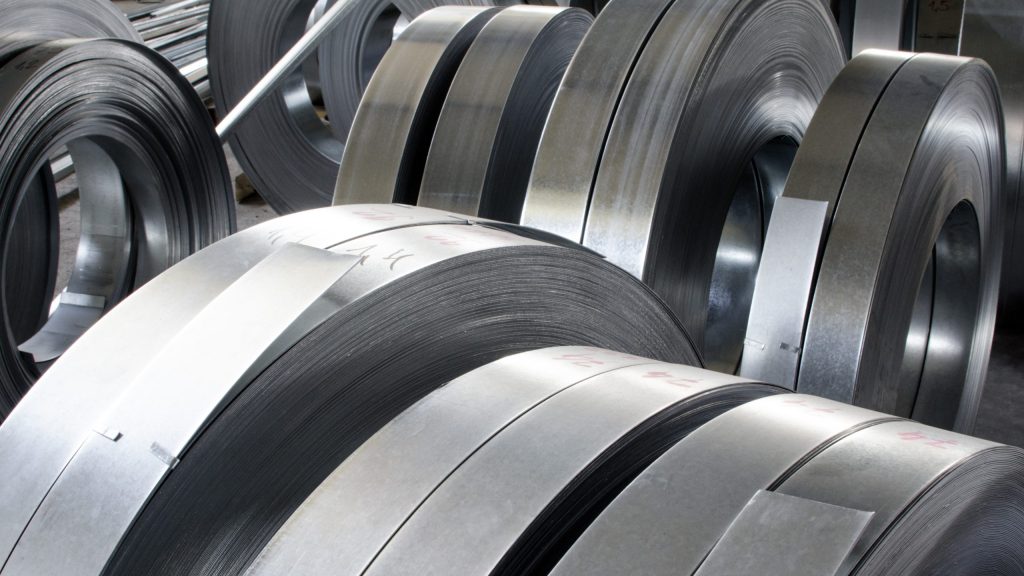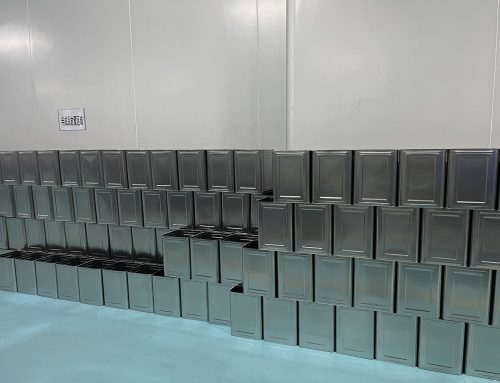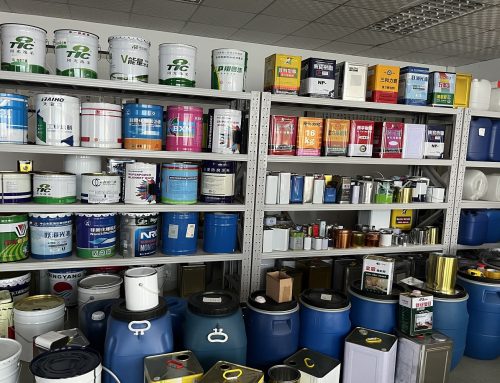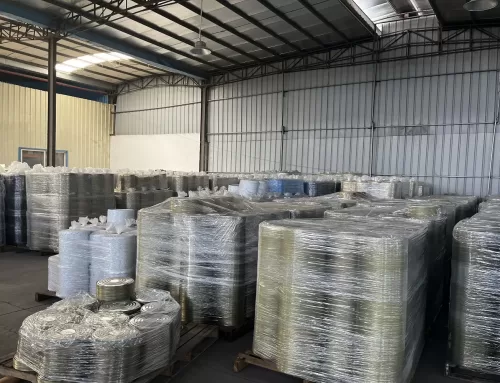Polyester Coatings
Polyester resin is a product formed by the combination of polyfunctional alcohols and polyfunctional acids (esters). Unlike alkyd resins, polyester resins do not contain fatty acids, so they are sometimes referred to as “oil-free alkyd resins.” They provide better film color stability and resistance to yellowing, surpassing the performance of alkyd resin coatings. Polyester coatings can be used for various applications such as beverage and food cans, twist-off caps, crown caps, and general cans.
Due to the composition of polyester, resin manufacturers can design polyester resins with different hardness and flexibility properties. Polyester coatings have excellent adhesion, making them one of the best choices for metal coating and printing. They exhibit significant advantages in terms of adhesion to tinplate and can be used as primers, topcoats, or colored coatings. Additionally, the presence of more polar functional groups in polyester resins enables excellent wetting of titanium dioxide (TiO2), which effectively enhances the coating’s coverage and gloss. Polyester coatings have higher molecular chain stretching performance compared to acrylic and epoxy ester coatings, resulting in better impact resistance and processability. As clear coatings, polyester coatings may have slightly lower hardness compared to acrylic or epoxy ester coatings, but they exhibit better toughness and abrasion resistance once cured. By selecting suitable crosslinking agents and adjusting their dosage, the shortcomings of the resin itself, such as poor water vapor resistance, can be compensated. This allows polyester coatings to maintain a high gloss performance even after water vapor sterilization on high-temperature sterilized cans. The main properties and advantages of polyester coatings include:
- High flexibility
- Excellent adhesion to metal substrates, eliminating the need for primers
- Good film color fastness
- High solids content

To design qualified polyester coatings, the selection of the main resin is crucial. Firstly, the molecular weight of the resin is an important parameter. For exterior coatings, the molecular weight of polyester should generally be controlled within the range of Mn: 3000-10000. A too low molecular weight can result in reduced adhesion of the film, and an increase in polar functional groups can affect the gloss of the coating after food can sterilization. On the other hand, a too high molecular weight can exhibit characteristics similar to thermoplastic coatings, hindering proper crosslinking, resulting in poor water vapor sterilization resistance and loss of gloss in the film. It can also lead to plate sticking issues during coating application, as well as high viscosity and low solids content, which are unfavorable for coating application. Secondly, the glass transition temperature of the polyester is also an important parameter. If the glass transition temperature is too high, the viscosity of the resin becomes too high, which is unfavorable for formulating the coating. Additionally, an excessively rapid increase in the resin’s cohesion energy can reduce the adhesion and impact resistance of the film.
Polyester resins combined with various crosslinking amino resins can achieve a good balance of hardness and toughness, as well as improved resistance to water vapor, staining, and solvents. Phenylated resin can provide the coating with excellent initial gloss and certain chemical resistance. The combination of polyester and isocyanate ester can enhance the flexibility and processability of the film. Moreover, the low activation energy of isocyanate ester can lower the film-forming temperature. The selection and combination of the above crosslinking agents can be adjusted according to the specific requirements of the coating to achieve polyester coatings that meet the requirements for metal cans.
Key points for the application of polyester coatings: Polyester coatings are relatively forgiving in terms of reaction conditions due to the wide range of conditions suitable for polyester itself. The resin’s good balance of flexibility and hardness makes the application conditions less stringent. The curing temperature of the coating can be adjusted according to the specific application.
Recently developed coatings based on the crosslinking of polyester resin and phenolic resin can also be used as internal coatings for mildly corrosive food cans when non-PVC or epoxy resin systems are required. Polyester-phenolic coatings serve as good alternatives. However, their chemical resistance is slightly inferior to epoxy-phenolic coatings, limiting their use in highly corrosive food applications.
Combinations of polyester organic solvents can also be used as internal coatings for many acidic and sulfur-containing food packaging.
Polyester is also used as the main component in powder coatings for touch-up coating of weld seams on three-piece cans. After the body of the three-piece can is formed by resistance welding, the welded areas still have exposed metal substrates, and powder touch-up coatings provide protection at the weld seams. The advantages of powder coatings are as follows:
- 100% solids technology, with no volatile organic compounds (VOCs) compared to liquid coatings
- Compliance with environmental regulations
- The thick film formation and excellent coverage properties result in a dense film layer (thicker than liquid touch-up coatings)
Powder touch-up coatings are usually white, but they can also come in gray and transparent types.
Powder coatings are applied using electrostatic spray deposition, where the powder forms a fluidized state through airflow and acquires an electric charge (corona charging or tribocharging). Due to the opposite charge properties, the charged particles are attracted to the substrate and adhere to the metal. After application, the coated parts enter the oven and are generally baked at 232-260°C for 8-10 seconds to melt the fine powder particles and form a uniform and continuous film. The heating process does not involve any chemical reactions but only melting, flowing, and subsequent cooling to form a thermoplastic film. Due to the good chemical resistance and machinability of thermoplastic polyester, it can be used in almost all three-piece food cans.
To achieve protection for the internal weld seams, the powder touch-up coatings must meet the following physical, chemical, mechanical, and regulatory standards:
- Good flowability and appearance
- Achieve effective protection with minimal film thickness
- Ability to carry a charge
- Flowability
- Corrosion resistance/low porosity
- Mechanical strength/flexibility
- Resistance to boiling
- Chemical resistance (food packaging testing, solvent resistance)
- Low migration
- Compliance with FDA 175.300 and EU regulations




